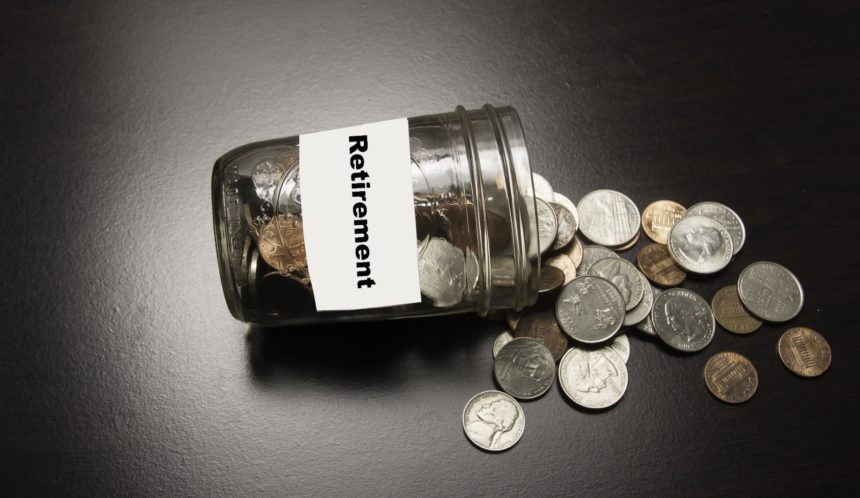
For anyone born after 1965, planning for old age has a different outlook from the previous generations.
The so-called Silent Generation was born during the Great Depression up to the outbreak of World War II. Many already have transitioned to some form of long-term care. The baby boomers came after them, and the oldest of them are set to migrate to senior living within the next 10 years. It’s not too soon for long-term care providers to think about generations that could come after the boomers.
A national survey finds that members of Generation X (those born between 1965 and 1981) and millennials (born between 1981 and 1996) are more worried about retirement than the previous generations. Members of those two generations especially are concerned about their retirement security in the wake of the COVID-19 pandemic, according to the National Institute on Retirement Security. They were much more likely to spend down their “rainy day” funds during the public health emergency, results show.
Like generations before them, and like some younger baby boomers, Gen Xers are sandwiched between generations, often needing to help aging parents while also providing for their own children’s higher education. This situation can hamper their own need to save for retirement.
According to the research, millennials by and large have nothing, or very little, saved for retirement yet, the research shows.
Moreover, “the Silent Generation is likely the last generation to have broad access to defined benefit pension plans that typically provide stable and secure lifetime income,” according to the report.
“Generation X and millennials are the first two generations that largely will enter retirement without a pension, so it’s not surprising that their anxiety is higher,” Dan Doonan, NIRS executive director and report co-author, said in a press release.
Millennials, for the most part, believe they will have to work much longer than their predecessors to realize financial security in retirement, survey results show. Cuts to Social Security benefits and increasing costs for healthcare, long-term care and housing in retirement exacerbate their concerns.
“Millennials and Gen X have lived through multiple economic downturns and decades of stagnant wages. Couple that with longer life spans and rising health and long-term care costs and it’s easy to understand their pessimism,” Doonan said. “Going forward, it will be critical for policymakers to find ways to strengthen our retirement infrastructure so these generations can be self-sufficient in their older years.”
According to the research, three-fourths of all generations agree that Washington, D.C., politicians need to give retirement a higher priority. Most Americans, regardless of generational ties, support increasing contributions to Social Security, with the broadest support coming from millennials.




